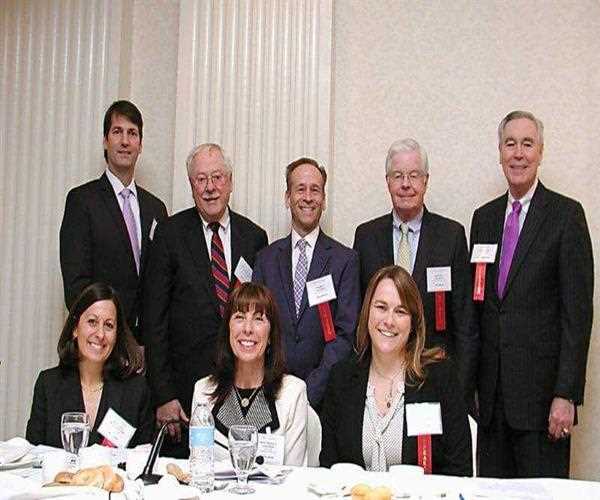The Chief Justice of the United States might summon every year the main judge of each legal circuit, the central judge of the Court of International Trade, and a region judge from each legal circuit to a meeting at such time and place in the United States as he may assign. He might manage at such meeting which should be known as the Judicial Conference of the United States. Uncommon sessions of the Conference might be called by the Chief Justice at such circumstances and places as he may assign.
The locale judge to be summoned from each legal circuit should be picked by the circuit and area judges of the circuit and might fill in as an individual from the Judicial Conference of the United States for a term of at least 3 progressive years nor in excess of 5 progressive years, as built up by dominant part vote of all circuit and region judges of the circuit. A region judge filling in as an individual from the Judicial Conference might be either a judge in general dynamic administration or a judge resigned from normal dynamic administration under segment 371(b) of this title.

On the off chance that the main judge of any circuit, the central judge of the Court of International Trade, or the locale judge picked by the judges of the circuit can't go to, the Chief Justice may summon some other circuit or area judge from such circuit or some other judge of the Court of International Trade, all things considered. Each judge summoned might go to and, except if pardoned by the Chief Justice, should stay all through the sessions of the meeting and instruct with regards to the necessities concerning his circuit or court and as to any issues in regard of which the organization of equity in the courts of the United States might be moved forward.
The Conference should make an extensive review of the state of business in the courts of the United States and get ready get ready for the task of judges to or from circuits or areas where important. It might likewise submit proposals and suggestions to the different courts to advance consistency of administration systems and the quick direct of court business. The Conference is approved to practice the expert gave in part 16 of this title as the Conference or through a standing board of trustees.
On the off chance that the Conference chooses to set up a standing board of trustees, it might be designated by the Chief Justice and all petitions for survey should be investigated by that council Subpoenas and subpoenas duces tecum might be issued by the agent of the Supreme Court or by the representative of any court of requests. The Conference may likewise endorse and change rules for the activity of the expert gave in section 16 of this title.
The Conference might likewise bear on a persistent investigation of the activity and impact of the general principles of training and methodology now or from now on being used as endorsed by the Supreme Court for alternate courts of the United States as per law. Such changes in and augmentations to those principles as the Conference may esteem attractive to advance straightforwardness in system, decency in organization, the only assurance of prosecution, and the disposal of outlandish cost and deferral should be prescribed by the Conference every now and then to the Supreme Court for its thought and selection, alteration or dismissal, as per law.
The Attorney General, an endless supply of the Chief Justice, answers to such Conference on issues identifying with the matter of the few courts of the United States, with specific reference to cases to which the United States is a gathering.